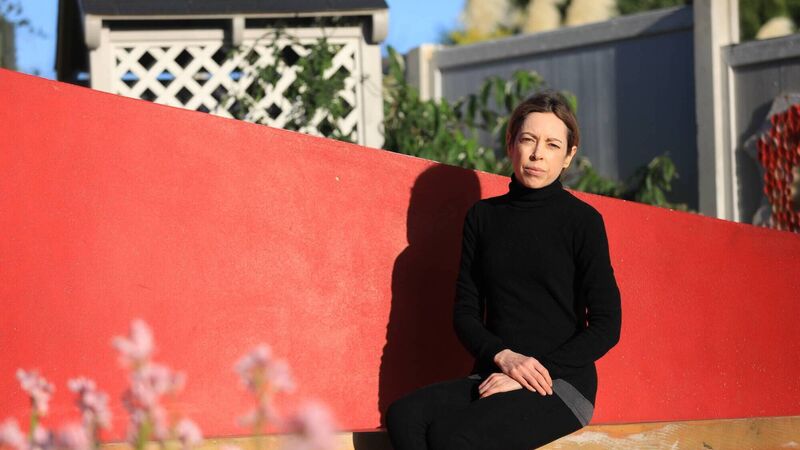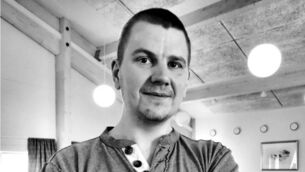Almost 700,000 people with neurological conditions cannot access neuro-rehab teams

Executive director of the Neurological Alliance of Ireland, Magdalen Rogers, said “a postcode lottery now exists” for patients.
There are up to 800,000 people living with neurological conditions across the country yet only those living in two of the nine HSE regions can access community neuro-rehabilitation teams.
That is despite such teams being recommended a full 12 years ago, the Oireachtas Health Committee has been told. The conditions cover brain injuries, multiple sclerosis, Parkinson’s, epilepsy, stroke injuries and debilitating migraines, the Neurological Alliance of Ireland (NAI) told the committee.










